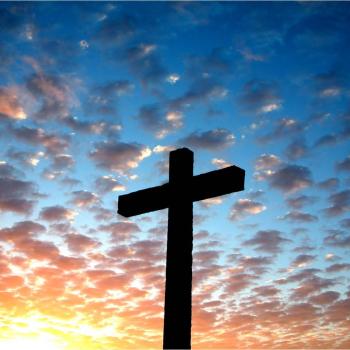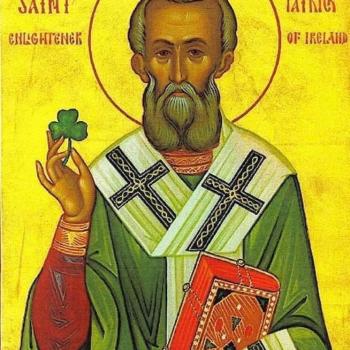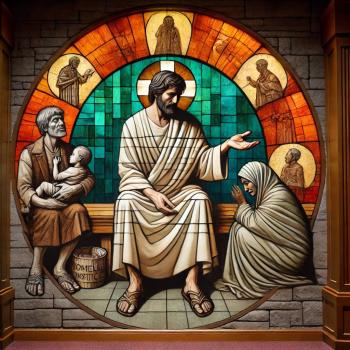If you’re a Christian who thinks the Christmas season ended on Dec. 25, then you’re already a casualty of the ‘war on Christmas,’ and you don’t even know it.
In the United States, the annual commercial assault on Christmas begins on Thanksgiving, when some Christians line up in the middle of the night for special sales that force others to work on a national holiday.
In the bigger picture, the modern attack on Christmas, and Christianity, has been ongoing in one form or another for more than 100 years.
As too many Christians have grown ignorant of Christian history, they’ve surrendered the faith to the mainstream cultures in which they find themselves. From closing churches across Europe to Americans ignorant of the liturgical calendar, the Christian tradition has slowly given way to Christmas trees, theologically flawed nativity scenes and the drawings of Thomas Nast.
The fact is, for the secular world, the Christmas season ended on Dec. 25. But for Christians, the day marked the beginning of the Christmas season.
We are in the season of Christmastide.
The 12 Days of Christmas aren’t the days before Christmas, they are the days after.
This article explains it well:
“. . . Christmas Day itself ushers in twelve days of celebration, ending only on January 6 with the feast of the Epiphany . . . The “real” twelve days of Christmas are important not just as a way of thumbing our noses at secular ideas of the “Christmas season.” They are important because they give us a way of reflecting on what the Incarnation means in our lives. Christmas commemorates the most momentous event in human history—the entry of God into the world He made, in the form of a baby. The Logos through whom the worlds were made took up His dwelling among us in a tabernacle of flesh. One of the prayers for Christmas Day in the Catholic liturgy encapsulates what Christmas means for all believers: “O God, who marvelously created and yet more marvelously restored the dignity of human nature, grant that we may share the divinity of Him who humbled himself to share our humanity.” In Christ, our human nature was united to God, and when Christ enters our hearts, he brings us into that union.
The Christmas season is more than what most Christians think it is. Just as God is more than what most Christians think God is.
Christianity courses through time like a flooded, raging river.
Too many Christians think they are on the shores of the Christian tradition, when in fact they are standing at the edge of a small, shallow, backwoods stream.
They watch the sun rise with its life-giving energy and limit their attention to a daily devotional reading and Bible verses.
They can’t see the presence of the Creator when the moon rises to reflect the sun and illuminate the darkness with a power that controls the tides of the Earth.
The night sky is filled with millions of stars orbited by thousands of planets and they blot it out with inflatable yard decorations and Christmas lights.
The stardust of creation — the DNA of the Creator — courses through each of us, and they look beyond the plastic Christ child in the nativity manger to see danger in the face of strangers.
God is in humanity. Every day, in every one of us. God works in the messiness of people and in the brokenness of the world. Christ is here, now, in everyone, all the time. You are a child of God, made in the image of God.
This is the message of Christmas.
This is the message of Christmas.













